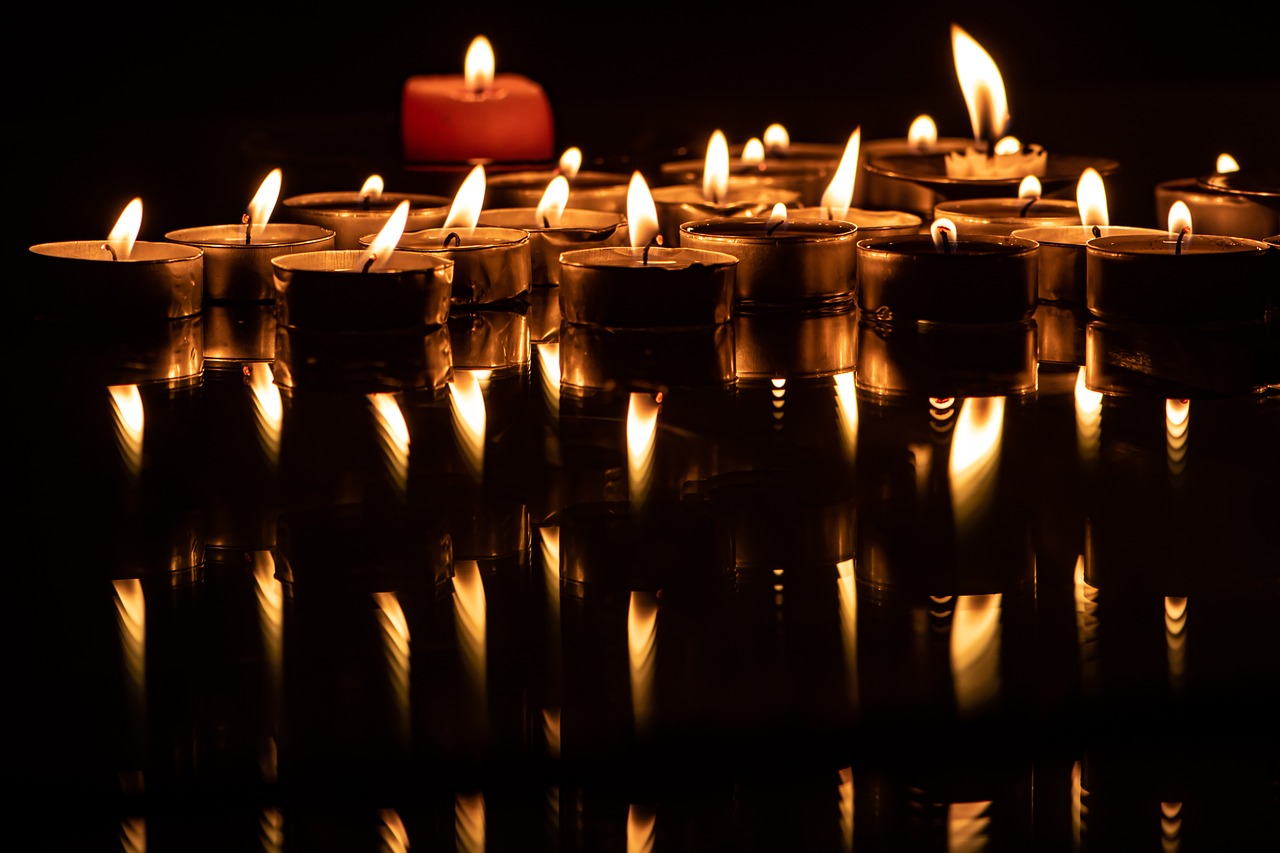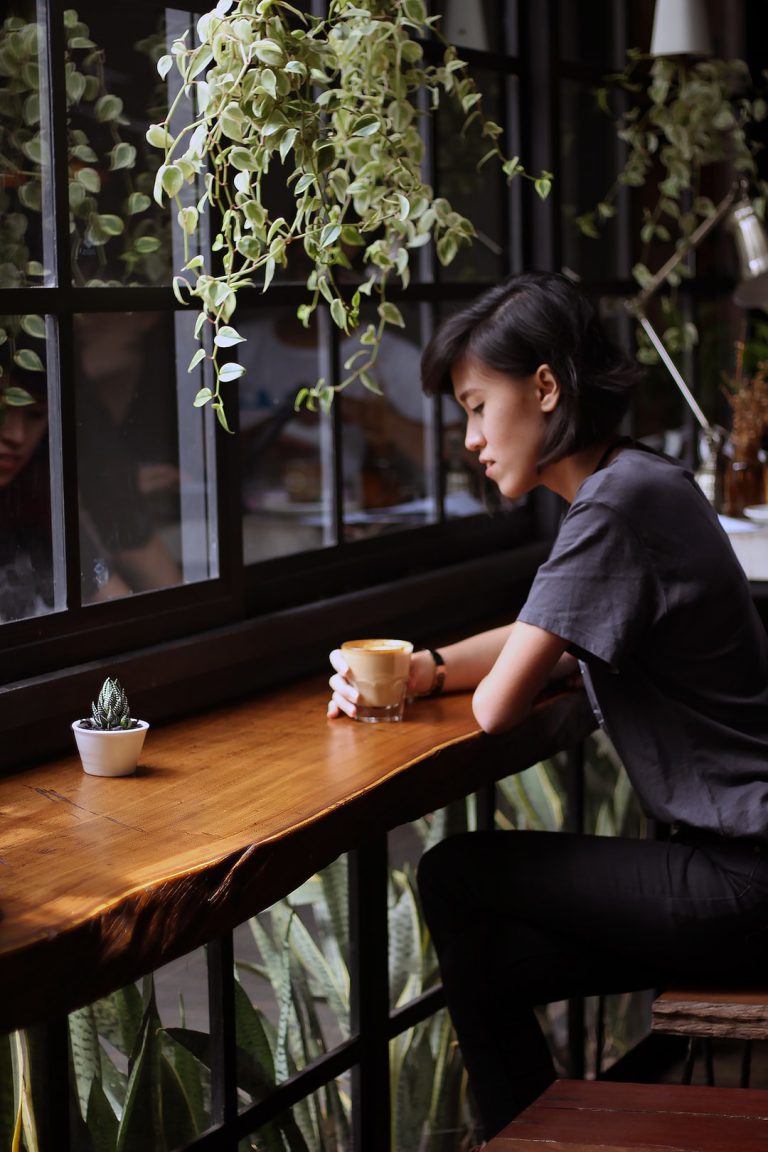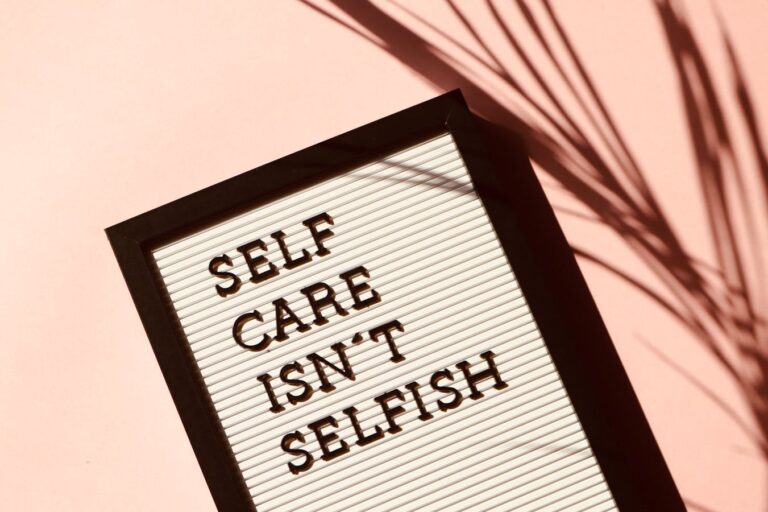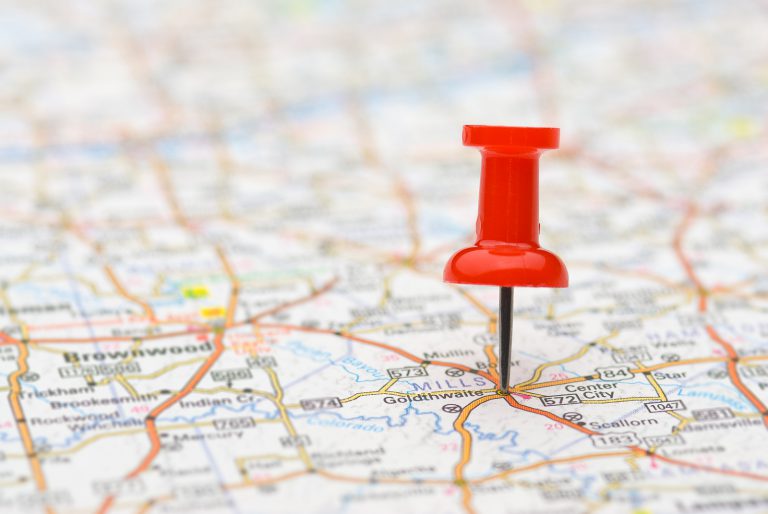Honoring Our Ancestors: Reflections on All Souls Day and Dia de los Muertos
As we approach All Souls Day (Araw ng mga Patay) and Dia de los Muertos, cultures worldwide pause to honor loved ones who have passed. For Filipino and Mexican communities, these days are particularly meaningful—a time for remembrance, reverence, and reconnecting with those who came before us. At Sweet Mango Therapy Group, we reflect on the importance of honoring our ancestors, not just as a cultural practice, but as a powerful way to nurture our mental health.
Exploring Cultural Practices for Remembrance:
In Filipino tradition, All Souls Day is often marked by visits to the cemetery, lighting candles, and offering prayers and flowers for departed family members. For our Mexican counterparts, Dia de los Muertos, celebrated on November 1st and 2nd, includes vibrant altars (ofrendas) adorned with marigolds, photos, food, and mementos that invite the spirits to return.
These practices, rooted in spirituality and tradition, remind us that grief does not have to be a solitary experience. Honoring the deceased can provide a bridge between generations, creating a shared space where memories, love, and legacies continue to live.
The Importance of Ancestral Connection in Mental Health:
Honoring our ancestors and remembering our roots can have therapeutic benefits. In a world where individualism is often emphasized, ancestor-focused practices foster a collective sense of identity and belonging. They help us feel less isolated in our struggles, remind us of resilience passed down through generations, and create a sense of continuity and connection.
For Filipina/x/o individuals, reconnecting with ancestral ties can also be a means of healing intergenerational trauma. By acknowledging the joys and struggles of those who came before us, we can better understand our own challenges, find strength, and develop compassion for ourselves and others.
Rituals as a Pathway to Healing:
Engaging in rituals, however small or personal, can provide comfort and structure in the face of loss and grief. These rituals might include lighting candles, writing letters to loved ones who have passed, or simply sharing memories with family. For some, it may also mean incorporating personal items in an altar or a designated space in the home to honor those who have gone before us.
These practices help give voice to unexpressed grief and allow us to express love and gratitude. Rituals become a language through which we can speak to our ancestors, and, in doing so, nurture our own hearts.
Tools for Reflection:
As we approach All Souls Day and Dia de los Muertos, consider trying these exercises for reflection:
1. Create a Memory Altar: This can be a place to display photographs, letters, or mementos that represent your loved ones. Take time each day to reflect or meditate in this space.
2. Write a Letter to an Ancestor: Express your thoughts, emotions, and questions. Reflect on what you would like to learn from their experiences and how their lives might guide you today.
3. Share Stories with Loved Ones: Invite family or friends to share memories of those who have passed. Hearing others’ memories can be a heartwarming way to feel connected and remind ourselves that grief, when shared, can bring comfort.
This season, as we remember our loved ones and honor their legacies, let us also hold space for our own healing. By reconnecting with our ancestors and embracing the traditions that celebrate their lives, we can find a sense of peace, resilience, and unity in our own journeys.
At Sweet Mango Therapy Group, we encourage you to take time for remembrance and to seek healing, whether through cultural practices, personal rituals, or supportive conversations. If you are navigating complex emotions around grief, loss, or identity, we are here to walk with you through these moments. Remember, healing is a path paved by honoring both the past and the present, and we are here to support you on that journey.







